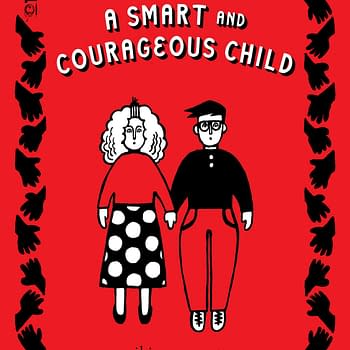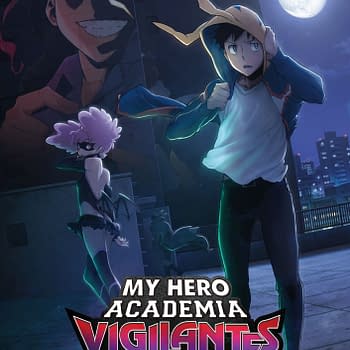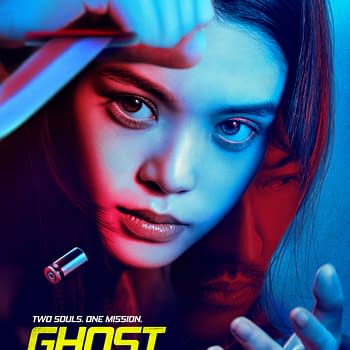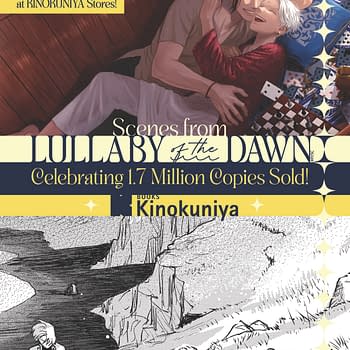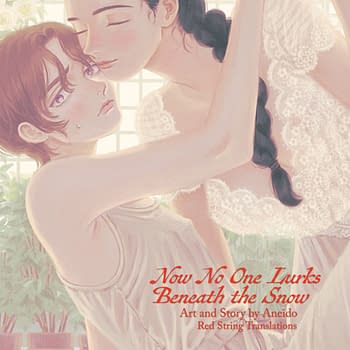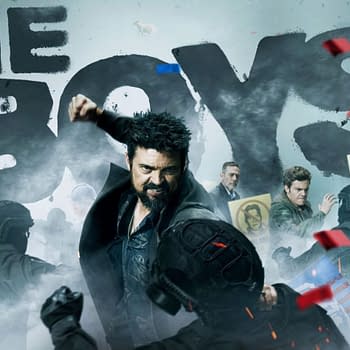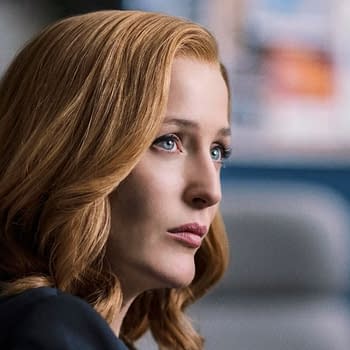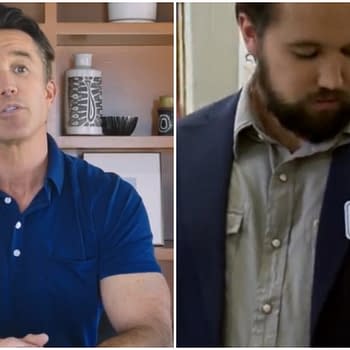Posted in: BBC, Doctor Who, TV | Tagged: bbc, chris chibnall, david bradley, david tennant, doctor who, Ncuti Gatwa, patrick troughton, peter capaldi, russell t davies, steven moffat, william hartnell
Doctor Who: From Gimmicks to Heartfelt Tales: Multi-Doctor Crossovers
A look at those Doctor Who "multiple Doctors" team-up events over the decades and how the show's storytelling style evolved over time.
Article Summary
- We explore the evolution of Doctor Who multi-Doctor stories, from gimmicks to meaningful narratives.
- Examining fan and writer perspectives on crossovers and their impact on the show's lore.
- Reflecting on the past Doctors and the show's transition into Russell T. Davies' new era.
- Gaze into the future of Doctor Who as it prepares for a new series of adventures.
The BBC has released an hour-long compilation of multiple Doctor crossovers from Doctor Who. In some ways, this is a last hurrah, a look back at the last era(s) of Doctor Who before Russell T. Davies' new Disney era of the show with Ncuti Gatwa brings in a new tone to the show. It's being considered a new "season one," just like the 2005 revival was, a refresh. Also, "season one" is easier to entice new viewers rather than "season 15."
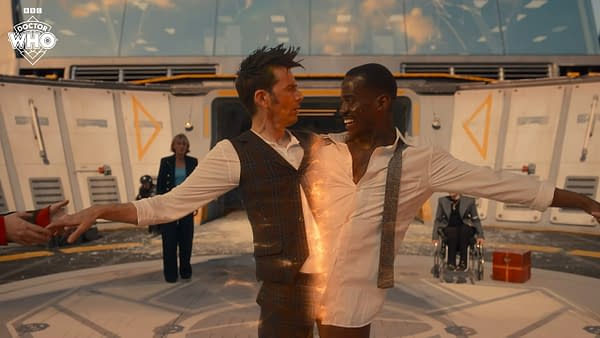
The Evolution of the Crossover Events
Davies has said he doesn't really care for crossovers because it's hard to keep attention on the main Doctor. Crossovers are frequently gimmicky. It's interesting to see the evolution of how the crossovers were written over the decades. They're indicative of how not only the series but also how British TV writing has evolved. "The Three Doctors" was a 10th Anniversary special event, the first special event for the show, and made to feel that way. There was enough fondness and nostalgia for both the First and Second Doctors from viewers who still remembered watching them live on TV. The main draw was watching Patrick Troughton and Jon Pertwee bicker with each other as they developed their off-screen friendship, with an ailing William Hartnell pre-recorded on video from a screen for just one scene. Bickering is just basic Dramatic Conflict 101 in scriptwriting. It's also the default mode for every Marvel Comic where another superhero guest stars.
Can we finally just say that "The Five Doctors" was a really dumb, pointless story that was done for no other reason than to have a gimmick to get ratings for the show's 20th Anniversary? At the end of the day, the story was completely inconsequential. Nothing really mattered by the end. The show continued its merry way without any difference, but continuity was never a real concern to the writers in those days, though hardcore fans were increasingly obsessed with it and how it all fits together. William Hartnell's combination of stern Victorian irascibility with a mischievous twinkle is hard to recapture, and then replacement actor Richard Hurndall's performance was so undistinguished he might as well have been part of the furniture. Even David Tennant never liked it. David Bradley came closer to recapturing Hartnell's air of mischievousness in Steven Moffat's "Twice Upon Time".
"The Two Doctors" was a mini-event in an attempt to boost the series' ratings at a time when the series was starting to slide. It marked Patrick Troughton's final appearance as the Time Lord before he passed away two years later and Frazer Hines' final on-screen appearance as Jamie McCrimmon. It didn't really answer why the story mattered despite some dark comedy and violence involving an evil alien gourmand who wanted to cook and eat the Doctor.
Crossover Events in the Modern Era
The first crossover event of Doctor Who's modern era was "Time Crash", the 2007 Children in Need mini-episode written by Steven Moffat (under the watch of still-showrunner Davies), where the Tenth Doctor (David Tennant) met the Fifth Doctor (Peter Davison). It was a love letter to the Fifth Doctor era from both Davies and Tennant and hinted at how future crossovers would be done: as heartfelt tributes that also examined the themes of the show. Steven Moffat made sure the script of "The Day of the Doctor", the 50th Anniversary event, would make a crossover matter, tackling not just continuity lore (and also restoring Gallifrey before Chris Chibnall blew it all up again later), and even finding a way to give every known Doctor and incoming new Doctor Peter Capaldi a cameo. Moffat's finale "Twice Upon Time" was a Christmas Special and a regeneration story that was one of his best scripts, exploring the dying Thirteenth Doctor's angst and dilemma by having him meet the First Doctor and also introducing Thirteenth Doctor Jodie Whittaker at the end.
The most surprising and successful trick Chris Chibnall ever pulled was introducing a new, previously unknown Doctor in the form of Jo Martin, which led to the revelation of "The Timeless Child" that blew up the show's lore and continuity. Unfortunately, he completely wasted Jo Martin, who was so good she still deserves more time and stories. She's often forgotten as the first person of colour and the second woman to play The Doctor. When the previous Classic era Doctors appeared in the final story, "The Power of the Doctor," it was mostly fan service (the Western kind, giving fans the cameos they want to see and not the anime kind giving sexually repressed boys shots of female characters' boobs and underwear), but tinged with relief that Chibnall's mediocre run was finally coming to an end.
Davies might have been trolling us when he said he didn't want to do multi-Doctor crossovers in the weeks before the third and final 60th Anniversary Special "The Giggle" aired, where it turned out to be a multi-Doctor crossover after all, Davies' update on "The Two Doctors". It was a regeneration story where the Fourteenth Doctor didn't die but stayed alive to meet The Fifteenth Doctor (Ncuti Gatwa). This was like the Ultimate Form crossover events, full of sheer joy, rewriting the lore of the show, introducing a new Doctor, ending the story of another Doctor, and kickstarting a new era of the show. Davies never writes anything until he has a good reason.
So now we can wait and see what happens at the 70th Anniversary and how many Doctors will be left to show up.



